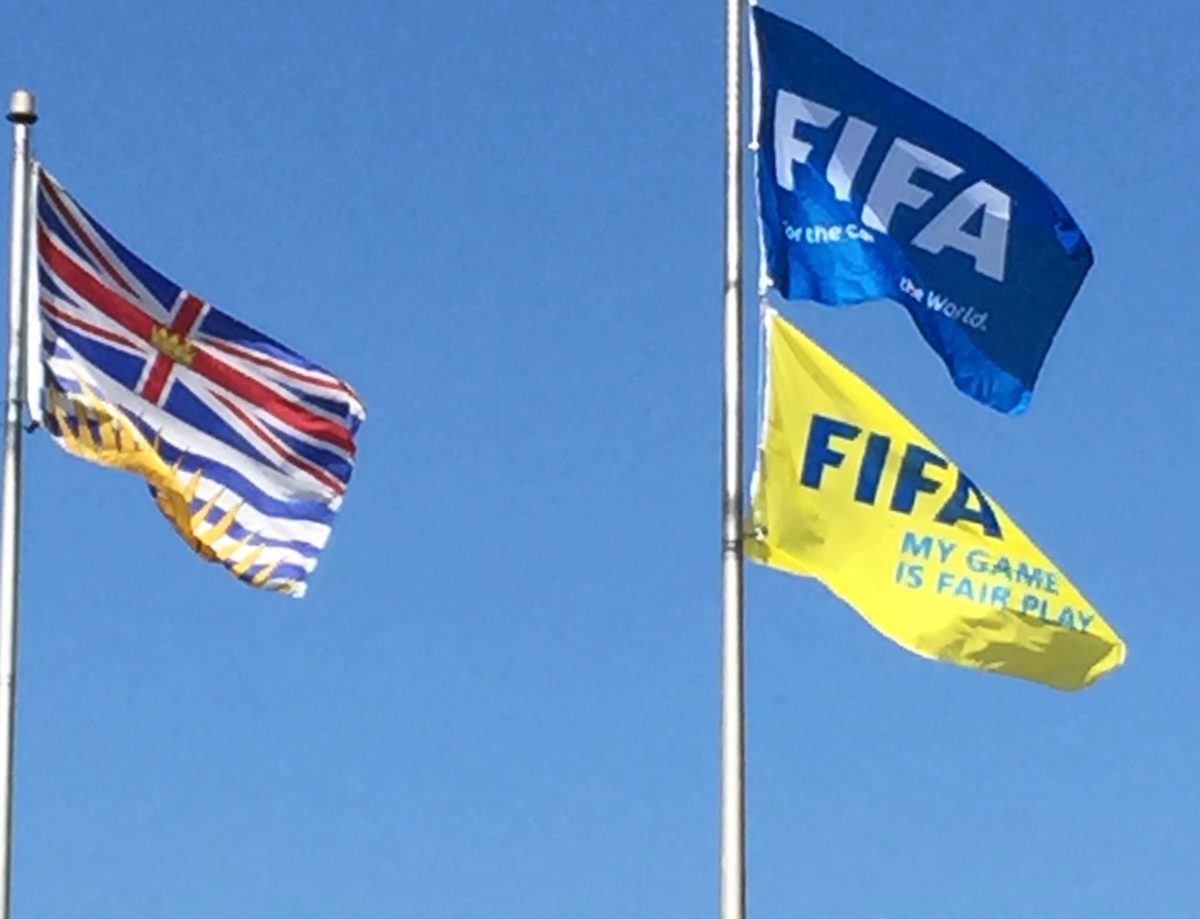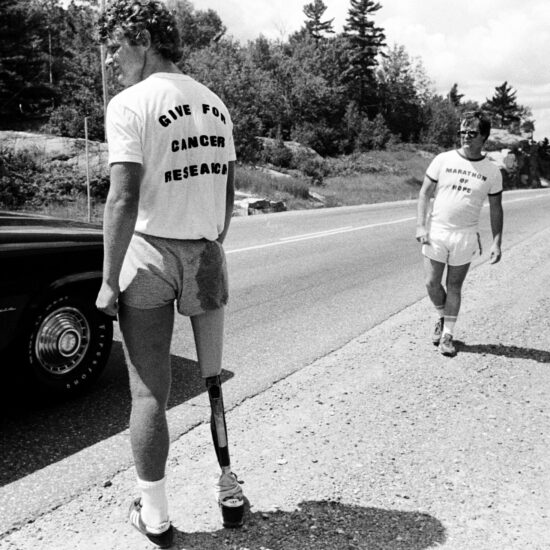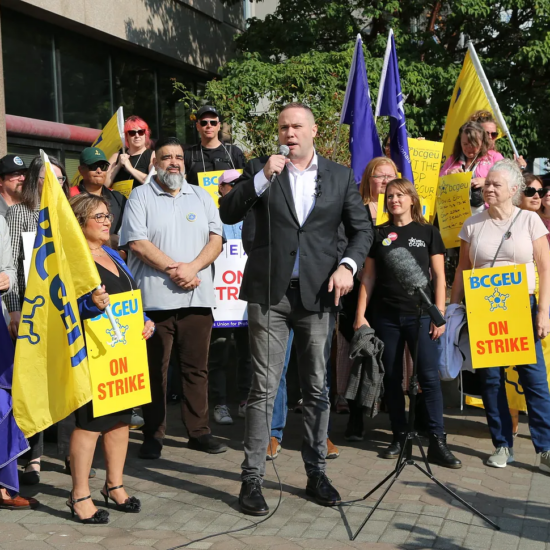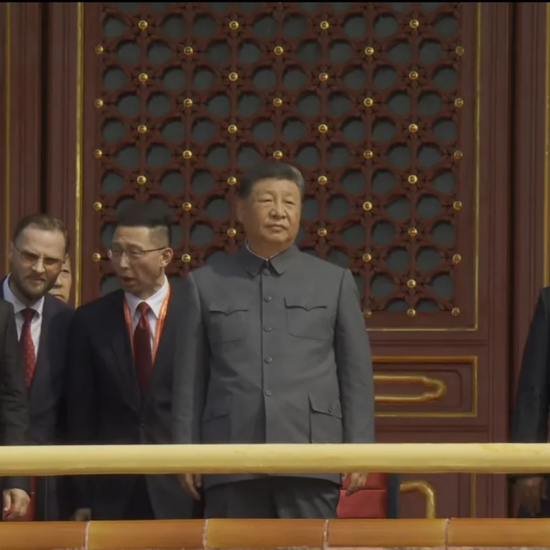
Vancouver is out of the running to host early round matches during the 2026 FIFA World Cup.
British Columbia’s NDP government and the United Bid committee couldn’t reach an agreement. Premier John Horgan said FIFA demanded a “blank cheque” from B.C. taxpayers.
Chicago, Minneapolis and Glendale, Arizona are also gone from the United Bid. They, too, questioned the uncertain costs and benefits. Edmonton is going ahead, but the Alberta government withdrew support after theBreaker reported on FIFA’s exorbitant wish list.
Two dozen cities in the United States, Canada and Mexico remain hopeful.
FIFA will decide between underdog Morocco and heavily favoured North America on June 13 in Russia. If North America gets the nod, FIFA gets US$300 million in bonuses from North American media companies that have already bought the broadcast rights.
Sport industry boosters say it’s a big missed opportunity for Vancouver, which hosted the 2010 Winter Olympics and Canada 2015 FIFA Women’s World Cup. But would hosting three or four FIFA matches really be such a bonanza?
Did FIFA want too much, too soon after the FBI cracked down on its bribery and kickbacks in 2015?
Are political leaders finally exercising due diligence? Are we witnessing the end of the era of mega-event organizers having their way with pushover governments?
On this edition of theBreaker.news Podcast, Bob Mackin explores those themes. His special guest is sports economics professor Victor Matheson from the College of the Holy Cross in Worcester, Mass.
Matheson has studied the impacts of Olympics, Super Bowls, World Cups and other mega-events. The reality of the costs and benefits of mega-events should surprise both casual sports fans and taxpayers.
Have you missed an edition of theBreaker.news Podcast? Go to the archive.
Support theBreaker.news for as low as $2 a month on Patreon. Find out how. Click here.












